As far as one knows, no court in the United States of America has ever issued an injunction against the Congress, restraining it from summoning any person or preventing it from concluding any proceedings before it. In the United Kingdom, this phenomenon is even unthinkable. Emeritus Professor Ben Nwabueze, SAN has also cited numerous African and Commonwealth countries where this practice of stopping parliament through court injunctions is also unheard of.
What Justice Ahmed Mohammed did on March 14 was to allow his court to be used to scrutinize constitutionality, not of a law but, of a pending bill on election. If you are not alarmed by the peculiar pronouncement of Justice Mohammed purporting to restrain the Senate from proceeding on passing of the bill, then you have overlooked a dangerous precedent and a big threat to our democracy. We would all soon be alarmed when in the near future, I bet, a judge would try to stop the parliament from e.g. passing the budget, or from screening ministerial nominees, or from considering committee reports. Apart from being the first judge to allow interpretation of provisions of a bill in a court of law, Justice Mohammed scored another first by restraining Mr. President from assenting to the bill. Judiciary has been restraining parliament but it has never restrained the executive in the exercise of its constitutional powers. Undoubtedly, this would have opened doors for anybody to seek to restrain a President from convening a Federal Executive Council meeting. Perhaps again after unexpected leaders would have emerged during the Ninth Assembly in 2019, a judge would issue an injunction stopping a Mr. President or Governor from exercising their powers under S. 64 or S.105 of the Constitution to inaugurate a new parliament!
But consider a few more examples of where judiciary has unconstitutionally and undemocratically interfered with the exercise of legislative powers. Last February, Justice Anwuli Chikere held that the House of Representatives could not continue with an investigative hearing on the Law School hijab controversy with Miss Firdaus. Also, the court in Adeola Vs. HOR (2015) prevented legislators from casting votes to change their Majority Leader during the dying days of the Jonathan Administration. Again, Mr. Justice Gabriel Kolawole (now of Court of Appeal) stopped the Senate from inviting the former EFCC Chairman to disclose the whereabouts of recovered looted assets and whether some of the assets have not been illegally converted to personal use. The billions of Naira at stake are forever hanging: Ibrahim Lamorde V. The Senate (2015). So many more instances abound. Indeed, an undemocratic precedent is gradually being established in Nigeria whereby when a public official is invited on investigative hearing that is of national interest, he rushes to court and a judge will readily stop the parliament in what is couched as interim order, but in effect a permanent one.
Many Nigerian lawyers, and judges, do not believe there is a matter on the face of the earth which the court system cannot or should not entertain. And it is only in Nigeria. But I dare say this Nigerian belief is erroneous. They cite copiously from the Constitution as if we are the only one in the world that operates a written Constitution, or that the provisions of our Constitution originate from such locations as Daura, Ile Ife, or Benin, or are inspired by philosophies that are exclusively Nigerian. As with the other two arms of government, judicial power is limited by the principle of separation of power. I am sure many lawyers may not like it, but reality is that judicial activism stops where legislative powers begin. Judicial power in any system of government, democracy or autocracy, is not infinite and Nigerian courts should embrace their limit and not arrogate to themselves the power to tell the legislature how to exercise its own power. Let me have the answer when you ask a typical judge, “what is the adjudicatory limit of Nigerian courts?”
The fact is Nigeria operates a presidential system of government, and it is the Constitution that has allocated governmental powers between the three arms. The Constitution can only codify so much of hundreds of years of democratic practice of the West, especially the USA. As a code our Constitution, however long winded, can only capture salient features of this system of government, leaving the day-to-day detailed practice to treatises, publications and exchange of ideas and visits which legislators do undertake. Separation of Powers is an established tenet of this system. The Court of Appeal has since held Separation of Powers to mean, among others, that one branch of government should not exert control on another in Hon. Abdullahi Ahmed V. SOHA.
Yet, the statement of Justice Mohammed is symptomatic of a wider trend of judiciary-induced roadblock against the parliament. I am one of those who share the notion that the tendency is extremely high for a negative judicial pronouncement on any parliamentary process and procedure. Whenever it has to exercise discretion in determining propriety of exercise of legislative power, it is unlikely the judiciary will not pothole exercise of that power, even if that decision is incongruous with established global legislative practice. One further example will suffice.
For centuries, courts in all democratic countries across the world have been barred from reaching out against legislators regarding whatever they say or do during legislative or committee proceedings. This is called freedom of debate or legislative immunity. Trust Nigerian courts, they nullified the privilege in Hon. Mike Balonwu V. Obi (2007). Of course, this decision has been jettisoned when President Buhari recently signed the newly-passed bill re-authorizing legislative immunity.
But if Balonwu’s case was at variance with global parliamentary practice, by all standards of due process it was a constitutionally appropriate judgment: it decided on the propriety of a concluded Act of Parliament. More strange are orders like the ones cited above that tend to prevent ongoing legislative proceedings by any guise. By the provisions of S 4(5), (8), (9) as well as S. 6 of the Constitution, no one has ever argued that the court cannot determine propriety of anything and everything that the parliament has completed doing. However, there is nothing unique in those provisions that make the Nigerian judiciary alone stretch its mandate to settling immature disputes.
To neutralize the power of the legislature, some judges find support in S. 4 (8) of the Constitution which states, “Save as otherwise provided by this Constitution, the exercise of legislative powers by the National Assembly or by a House of Assembly shall be subject to the jurisdiction of courts of law”. If the courts are trying to discard the saving clause and give literal interpretation to S 4(8) in disregard of other provisions, then they should clearly say so and articulate the new concept of Separation of Power.
If these judges were to be correct, it would mean every single legislative power from beginning to the end is exercisable at the behest of the Judiciary. Thus, when Mr. President or a Governor has to address the parliament and the Standing Rules of parliament have to be suspended to allow strangers into the hallowed chambers, a busy-body plaintiff would be allowed to secure an injunctive order preventing that from happening. In fact, in line with their reasoning, nothing stops a court from issuing an order restraining the National Assembly from sitting, and shutting down its gates. Nothing at all. What a pretentious claim to presidential system of government.
Regrettably, it has been impossible for the Nigerian legislature to fully comply with some restraining orders of the court. For instance, there have been many injunctive orders barring National or State Assemblies from suspending any member they deem errant. None has been obeyed to date because they are impracticable to be obeyed. Parliament is a hotbed of politics, and many judges may be unaware that the grundnorm there is the majority rule, every other thing is subservient. The earlier the courts accept this, the better for a legislative-judiciary relationship and the better for our democracy. When courts give purported orders on matters that are moot, they are not orders, they are advisories and courts are not known to give advisories, they give orders backed with sanctions. Courts in developed democracies are wiser so they restrain themselves from granting restraining orders to uncompleted actions of the parliament.
To the credit of Nigerian legislature, it has bent backwards to avoid any altercation with the judiciary over the years, despite constant unfriendliness. All legislative houses in the country have this similar provision: “Reference shall not be made to any matter on which a judicial decision is pending, in such a way as might in the Speaker’s opinion prejudice the interest of parties thereto.” If in a Speaker’s opinion, a debate would not jeopardise interest of the parties, that opinion is final. Or, this provision can be totally suspended in a jiffy, so the House can fully debate a pending judicial matter. And there is nothing anybody from outside can do about it. However, based on the respect for the judicial arm, neither of these routes has been taken. I know many Nigerians did not appreciate the depth of his statement in reaction to Justice Chikere’s order on the Law School saga, when the Speaker, Rt. Hon. Yakubu Dogara said: “We have respected the judiciary a lot and we expect same from them. We would part ways with the judiciary if it continues to gag the National Assembly.” Thus, with a disappointed Senate, writing a letter and a saddened House sending a powerful delegation to the venerable Chief Justice of Nigeria, it seems the National Assembly has had enough and its back is now against the wall.
Ban Interim Orders Against Parliament
My own conviction to ensure that Nigeria adheres to the universal values and principles of democracy, especially the principle of Separation of Powers, is that judiciary should immediately find a way to ban itself from issuing interim or injunctive orders against the parliament. It has done it before, when it reportedly banned issuance of such orders against the EFCC. Our electoral regime also bans such injunctions from issuing in order to stop a federal election. In the United States, the Supreme Court granted the US Congress “inherent contempt power”, which Congress now uses to imprison anyone that flouts or challenges its summons or resolutions in its own jailhouse. Anderson V. Dunn 19 US 204 (1821). Since then, the US courts have prevented themselves by themselves from extending their own inherent powers of granting interim injunctions against congressional proceedings. What is more, banning interim orders against the legislature will properly enthrone the principle of Separation of Powers as properly envisaged by the Nigerian Constitution and consistent with the 2007 African Charter on Democracy.
An extreme solution which should be avoided would be to create another Constitutional Court to be manned by specialised judges who are thoroughly schooled in nuances of liberal democratic practice and conversant with threshold global standards. Currently, such courses are not taught in law faculties or the Law School, although the National Institute for Legislative and Democratic Studies is fast becoming a household name in the area. Available data indicate that democratic processes and gains are receding worldwide; Nigeria should not be a contributor to this disturbing trend









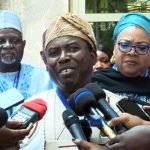



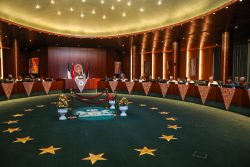
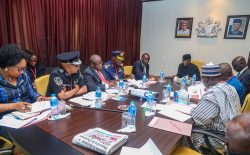


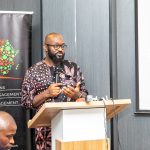
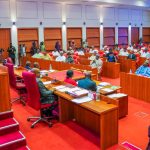


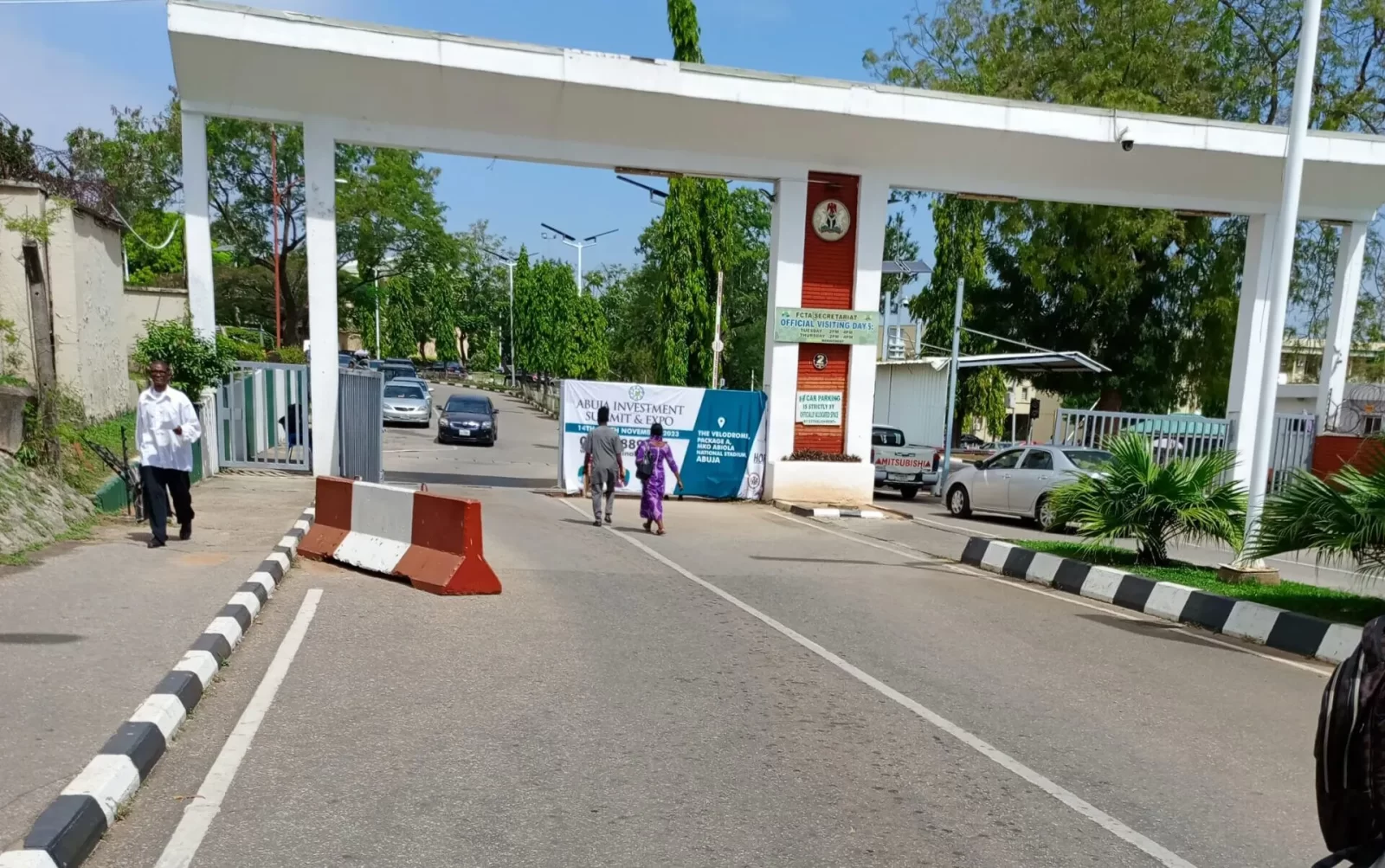
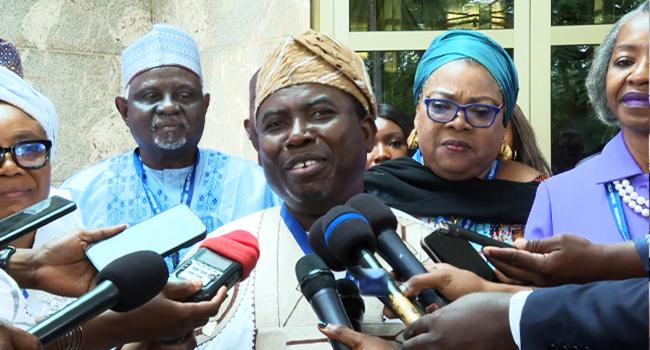
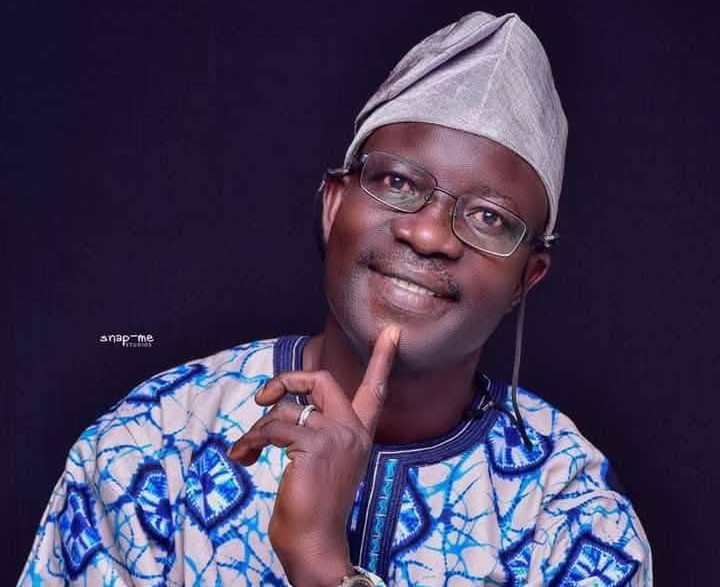


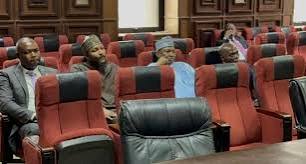












Leave a comment